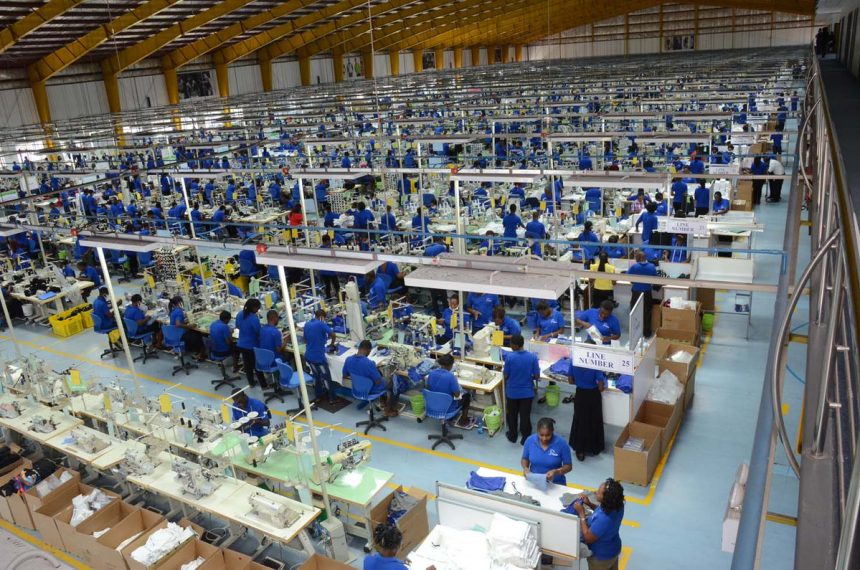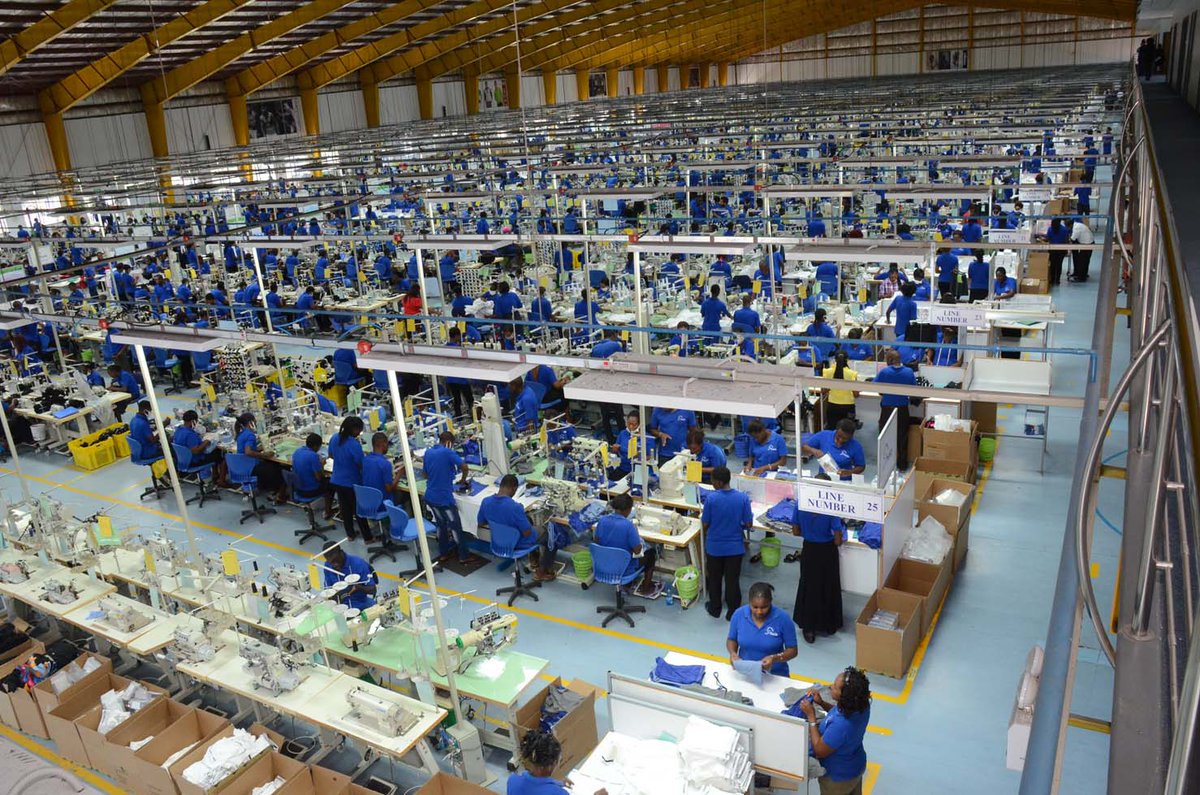The government is banking on a raft of tax incentives for export processing zone (EPZ) companies to encourage investors to pump up to Sh3.8 trillion in strategic capital injections in the facilities.
The planned construction of industrial sheds in the Athi River EPZ is set to receive the lion’s share of this investment as the government seeks to raise Sh2.7 trillion from investors for the facility.
The government’s development finance institution, the Kenya Development Corporation (KDC), says investors who seize the opportunity can expect to see Sh2.1 trillion in annual sales, with rental income expected to grow by 10 per cent annually.
“Kenya had an unmet industrial warehouse demand of 3.1 million square metres as at December 31, 2022. The government is targeting the development of the additional 8.4 million square feet of industrial sheds at an approximate cost of $305 million,” KDC said in its pitch to investors.
Types of licences
The Export Processing Zones Authority issues three types of licences to potential investors: an EPZ enterprise licence for companies engaged in manufacturing and trading; a developer/operator licence for investors to develop infrastructure and buildings on private land for gazetting; and a business service permit for those providing services to companies based in the EPZ.
EPZ investors are entitled to a 10-year corporate income tax holiday and a 25 per cent rate thereafter; a 100 per cent investment deduction allowance; a perpetual exemption from import duties and VAT on raw materials and machinery; and a 10-year withholding tax holiday.
The 100 per cent investment deduction allowance means that an investor who incurs capital expenditure on buildings or machinery used for manufacturing is entitled to an investment deduction equal to the entire cost.
The government is also targeting Sh1 trillion investment in a fertiliser manufacturing plant in the Dongo Kundu Special Economic Zone. In its pitch to investors, the government says fertiliser purchases will increase from Sh15.8 billion in 2020 to Sh22.9 billion, in 2021.
“Kenya is dependent on fertiliser imports. The average fertiliser consumption per hectare is 65.2 kg and the projected annual growth rate is 5.92 per cent. There are more than 4.3 million registered farmers,” says KDC.
In addition, the government will invest Sh6.5 billion to set up a slaughterhouse next to Isiolo Airport to take advantage of the growing demand for halal products.
“The government will adopt an open-door policy for international players to process halal products in Isiolo before export,” says KDC.




